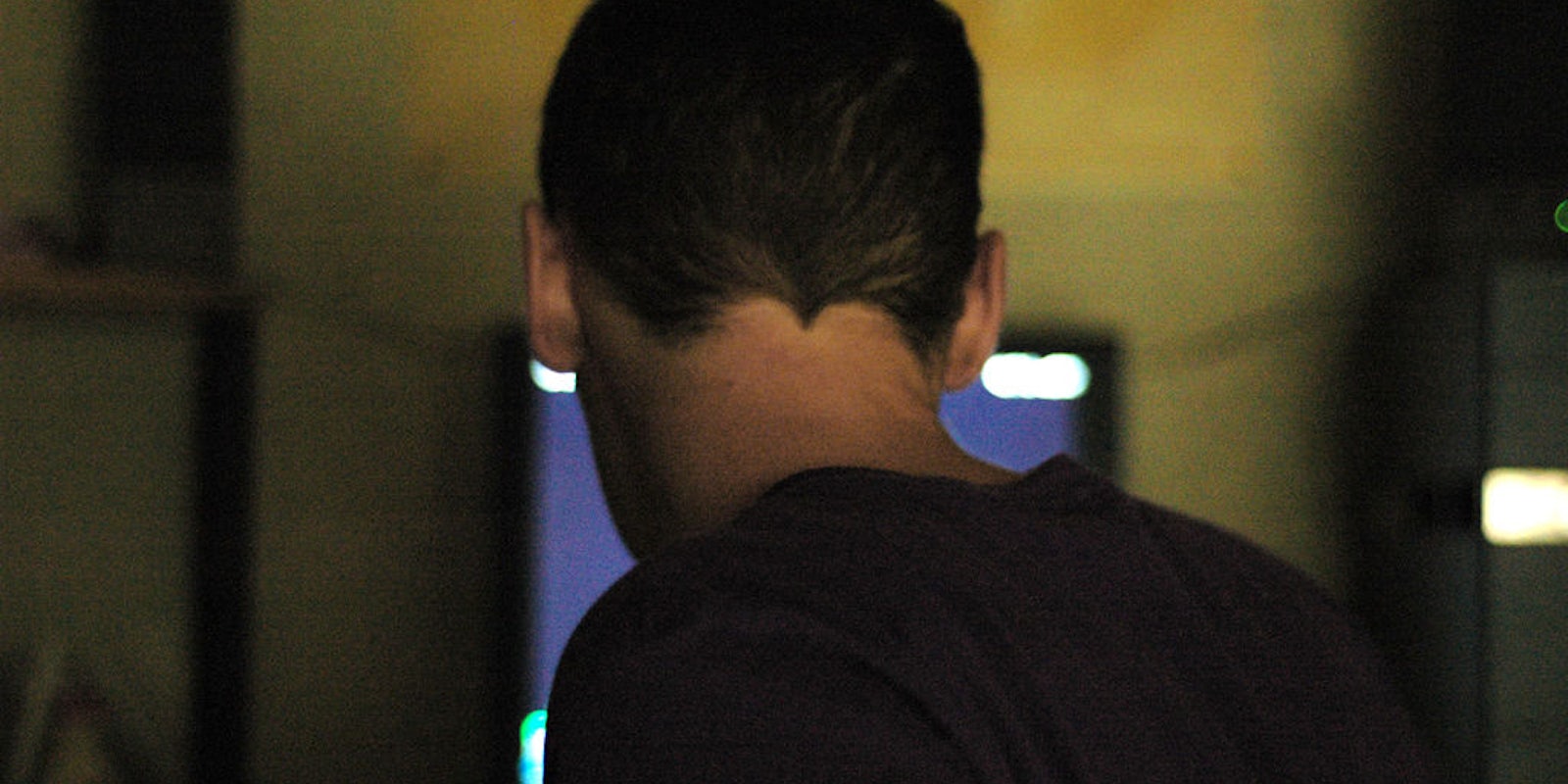The North Carolina legislature has passed a law making it a crime to cyberbully a teacher or any other school employee.
Although bullying and cyberbullying of students often gets more attention from the media, the same emotional distance and lack of perspective that technology brings to adolescent viciousness can be, and is, employed against teachers and other adults. Recent examples in North Carolina include a student who sent sexually explicit emails about a teacher, and another who went online to falsely accuse a teacher of inappropriate touching.
The School Violence Protection Act of 2012, signed into law in July, now makes it “unlawful for any student to use a computer or computer network… to intimidate or torment a school employee.”
Among the activities the act made illegal are building a fake profile or website under a school employee’s name; posting private information on a website about a school employee; posting a real or doctored image of them; spamming or badgering; signing them up for porn; and making “any statement, whether true or false, intending to immediately provoke, and that is likely to provoke, any third party to stalk or harass a school employee.”
As a “Class 2 misdemeanor,” anyone convicted of breaking this law is can be punished by reassignment to a different school, a fine of $1,000, or even jail time of between one and two months. However, the judge may elect probation without a plea. This enables the court to expunge the juvenile record, presumably if the student has no more legal trouble prior to reaching the age of majority.
Some critics fear the broad terms in the law —“intimidate or torment,” for instance—leave it open to entirely too much interpretation, and possible abuse. However, a 1969 Supreme Court case, Tinker v. Des Moines, has established a fairly clear precedent. As Steve Eder notes in the Wall Street Journal, “First Amendment rights are generally protected on campus, but administrators can punish [students] for speech on school grounds when they can clearly show it caused significant disruption to school activities or violated others’ rights.”
Several instances of student free speech in the last year have confirmed that precedent. Parodic sites being shut down by several schools have been deemed protected speech, but punishing students for online calls to disruptive action was ruled legal.
The National Conference of State Legislatures does not list another state whose cyberbullying statutes specifically protect school employees, and the Wall Street Journal reports that North Carolina is the first. However, other states—including Kansas—mention “students and staff members” in their cyberbullying statutes.
Photo by Coldtaxi/Flickr


